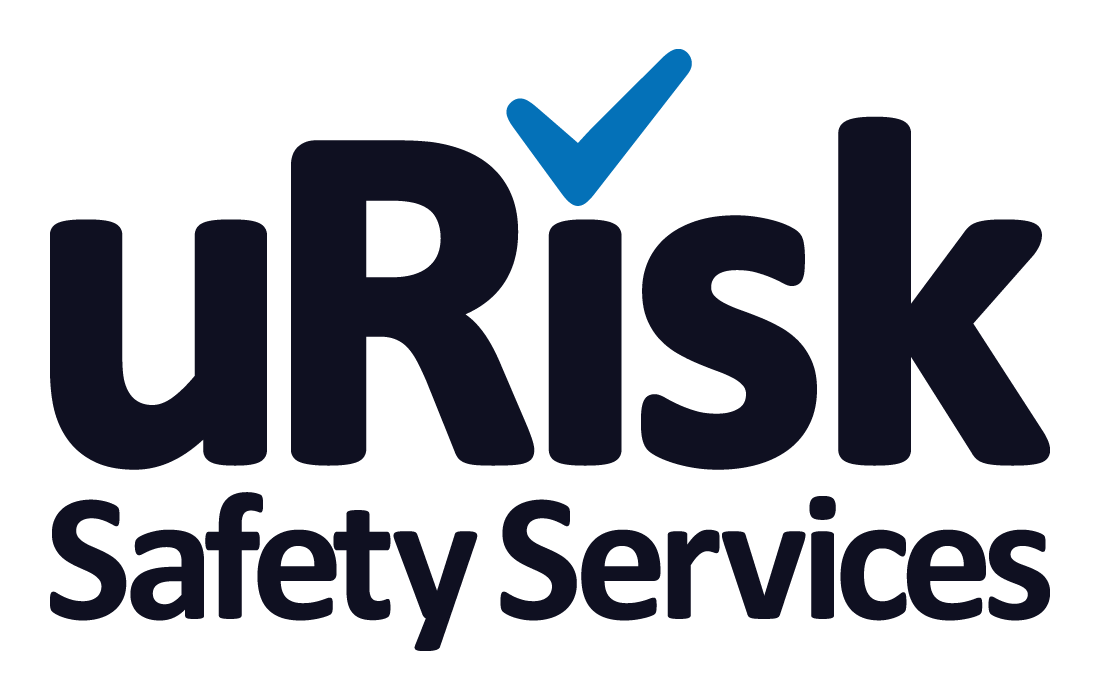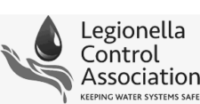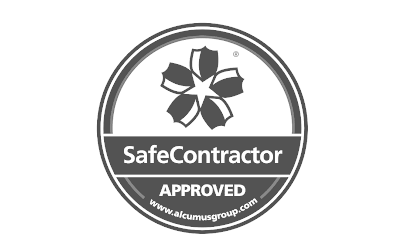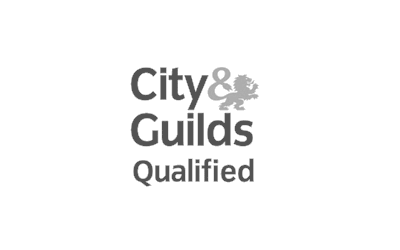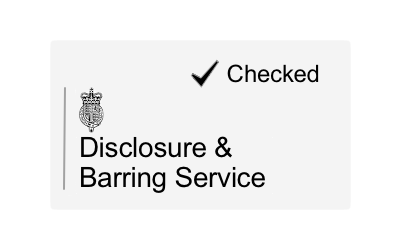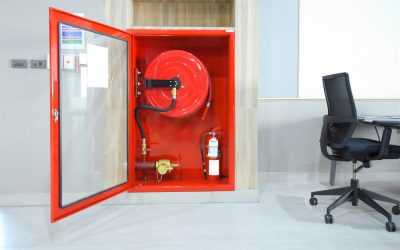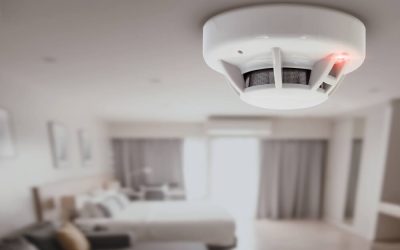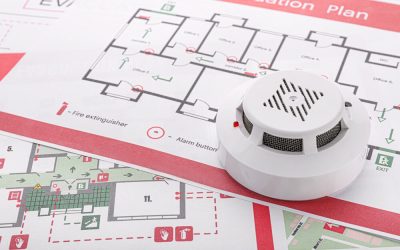Water Safety In Dental Practices
As businesses, all dental practices are required to undertake regular legionella risk assessments. CQC Compliance for Dentists states that: “To comply with the requirements of the CQC, the Department of Health’s HTM 05-01 (Decontamination in primary care dental practices) and UK health and safety law all dental surgeries must perform a comprehensive legionella risk assessment to identify potential hazards relating to exposure to legionella bacteria from their water systems.”
What Is Legionella?
Legionella is a waterborne bacterium that is the cause of the potentially fatal Legionnaires’ disease, a form of pneumonia. The legionella bacteria thrives in warm, stagnant conditions, which is why dental practices must take particular care to keep their water systems clean and regularly flushed. It is also vital that water temperatures are lower than 20oC for cold water systems and higher than 45oC for hot water, as these are temperatures the bacterium does not thrive in.
If legionella has the opportunity to enter our lungs via the inhalation of contaminated water droplets, it can develop into Legionnaires’ disease. The people most at risk are the elderly and medically vulnerable, including those with chronic respiratory problems, kidney disease, diabetes, and lung and heart disease. This is why business owners, employers and duty holders in all UK businesses have a legal obligation to control the risks from the legionella bacteria.
Why Is Legionella A Risk In Dental Surgeries?
Particular care must be taken when it comes to dental unit waterlines as they are powered by compressed air which drives the water into the equipment. The amount of mist produced and the ease with which it can be inhaled is what makes it so important to keep dental unit waterlines clean.
Mandatory requirements under the Care Quality Commission are that dental practices must control the risks from the legionella bacteria, water lines must be fitted with anti-retraction valves, all dental practices must have a written water line management scheme in place, and a competent person must be responsible for carrying out risk assessments and implementing any action needed.
How Often Should Dental Unit Waterlines Be Cleaned?
CQC guidelines state that water must be flushed through the water lines for two to three minutes before each session and for 20 to 30 seconds between each patient. This is an important control measure to prevent water from stagnating and reduce the risk of cross-contamination from opportunistic respiratory bacteria. At the end of the working day, bottles must be disconnected, emptied, rinsed and stored inverted so they dry overnight. Distilled water from an independent bottled water system must be used as tap water may introduce bacteria.
How Often Do Dental Practices Need To Test For The Legionella Bacteria?
It is vital that your dental practice has adequate legionella controls in place, including risk assessment and regular legionella testing. We recommend that, as part of your legionella risk assessment, water testing and analysis needs to be carried out every two years, whenever you have a concern, or whenever changes are made to the water system.
For more information about the legionella bacteria, your legal responsibilities, your duties when carrying out a risk assessment, and the requirements for monitoring, water testing and record-keeping, sign up for our accredited Legionella Awareness Online Training Course. At just £35+VAT it is a cost-effective way of ensuring the safety of your patients and staff.
Legionella and Water Hygiene Blog Posts
Office Fire Risk Assessment
As you would expect, keeping your office safe from the risk of fire is a legal requirement under the Regulatory Reform (Fire Safety) Order 2005. If you are the owner or manager of a business, or landlord of an office building, it is your responsibility to ensure your...
Fire Risk Assessment For Flats
Your legal requirements as a landlord include taking precautions to keep your tenants safe, including when it comes to the risk of fire in flats. As part of the fire safety regulations, fire risk assessments for flats is therefore part of your legal obligation to...
Getting A Risk Assessment For Fire in the UK
As an employer, landlord or facilities manager, it is your legal responsibility to keep everyone who uses your premises safe. A fire risk assessment is an important part of this because it identifies what might cause a fire so you can take steps to prevent one, as...
